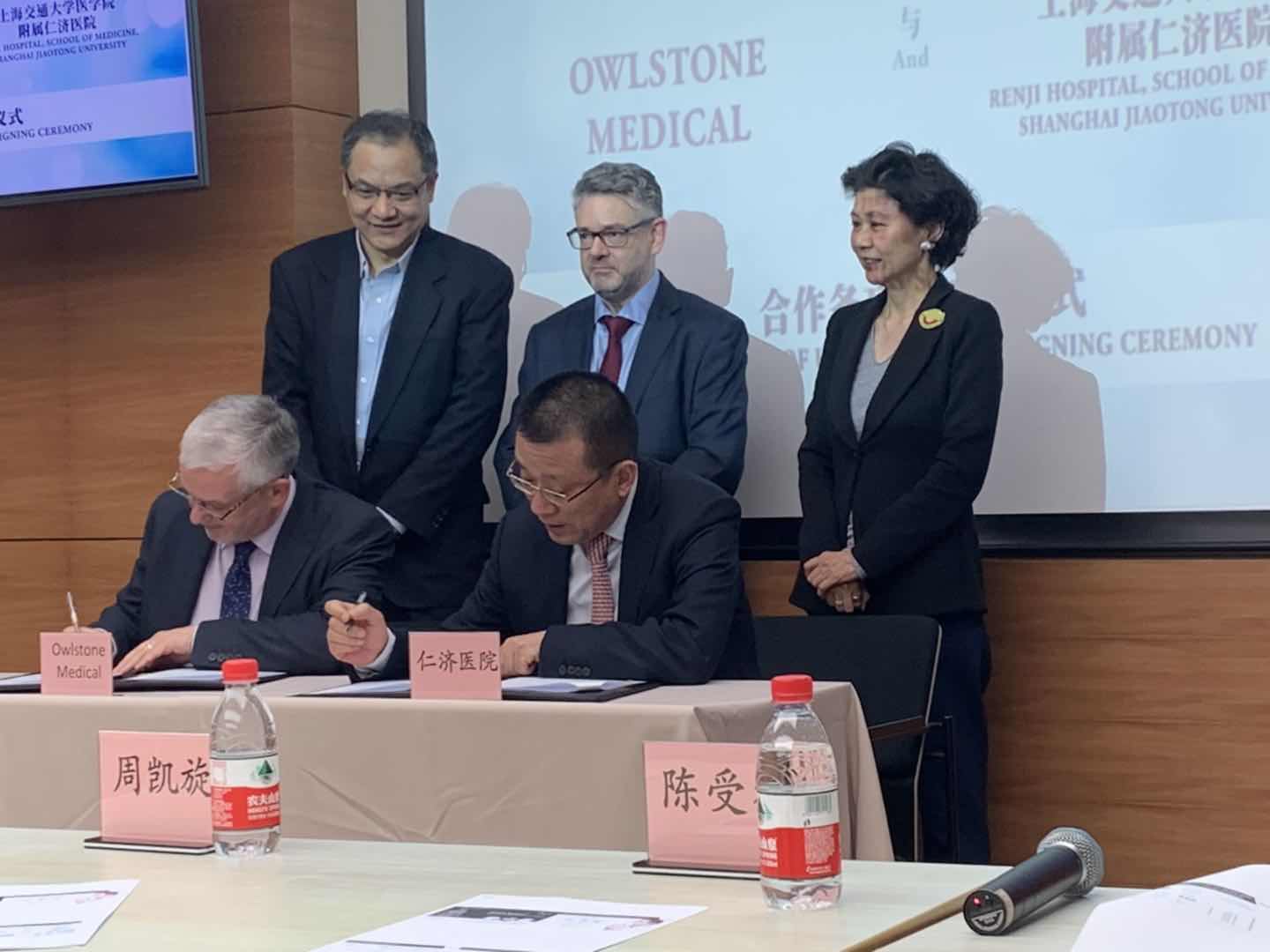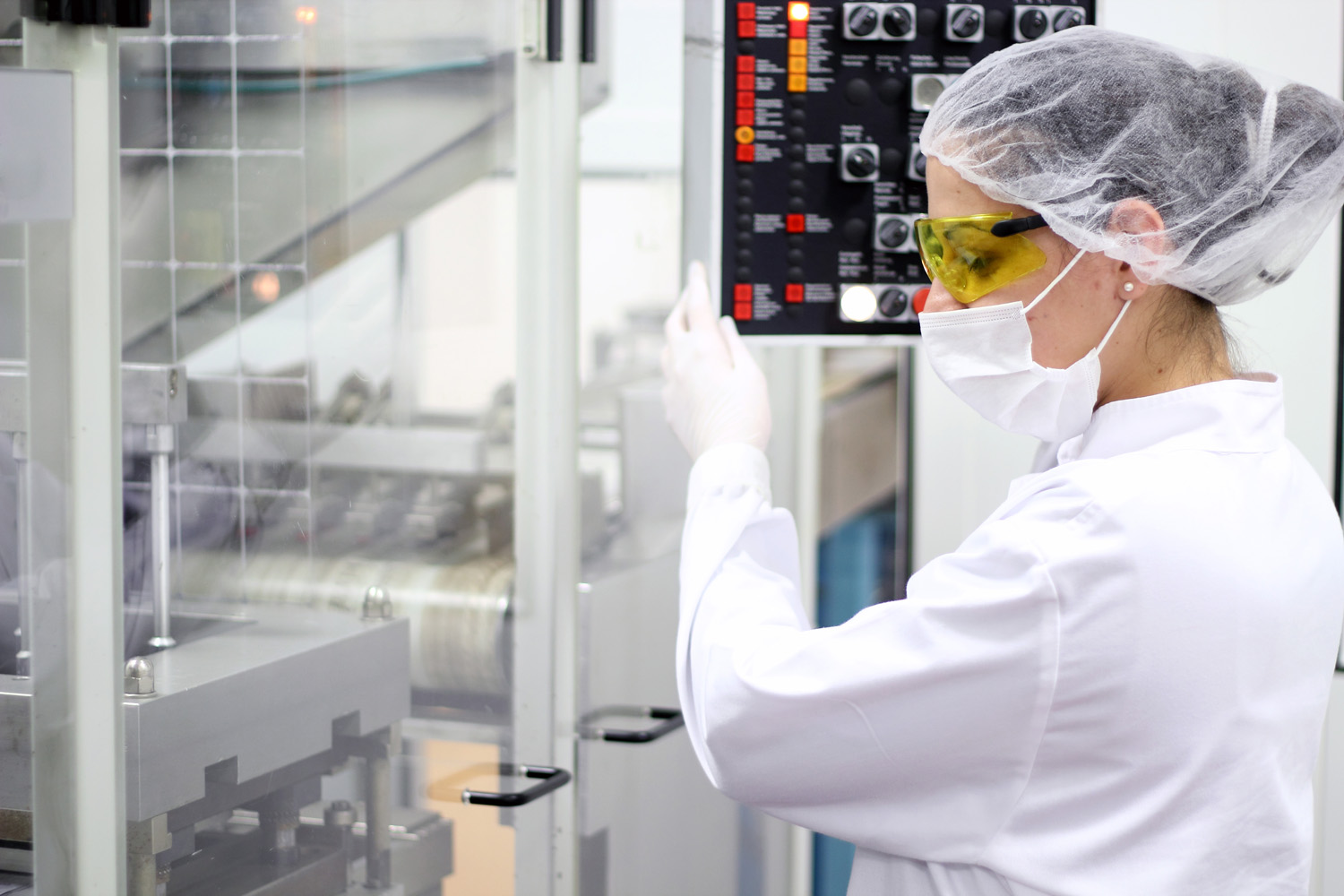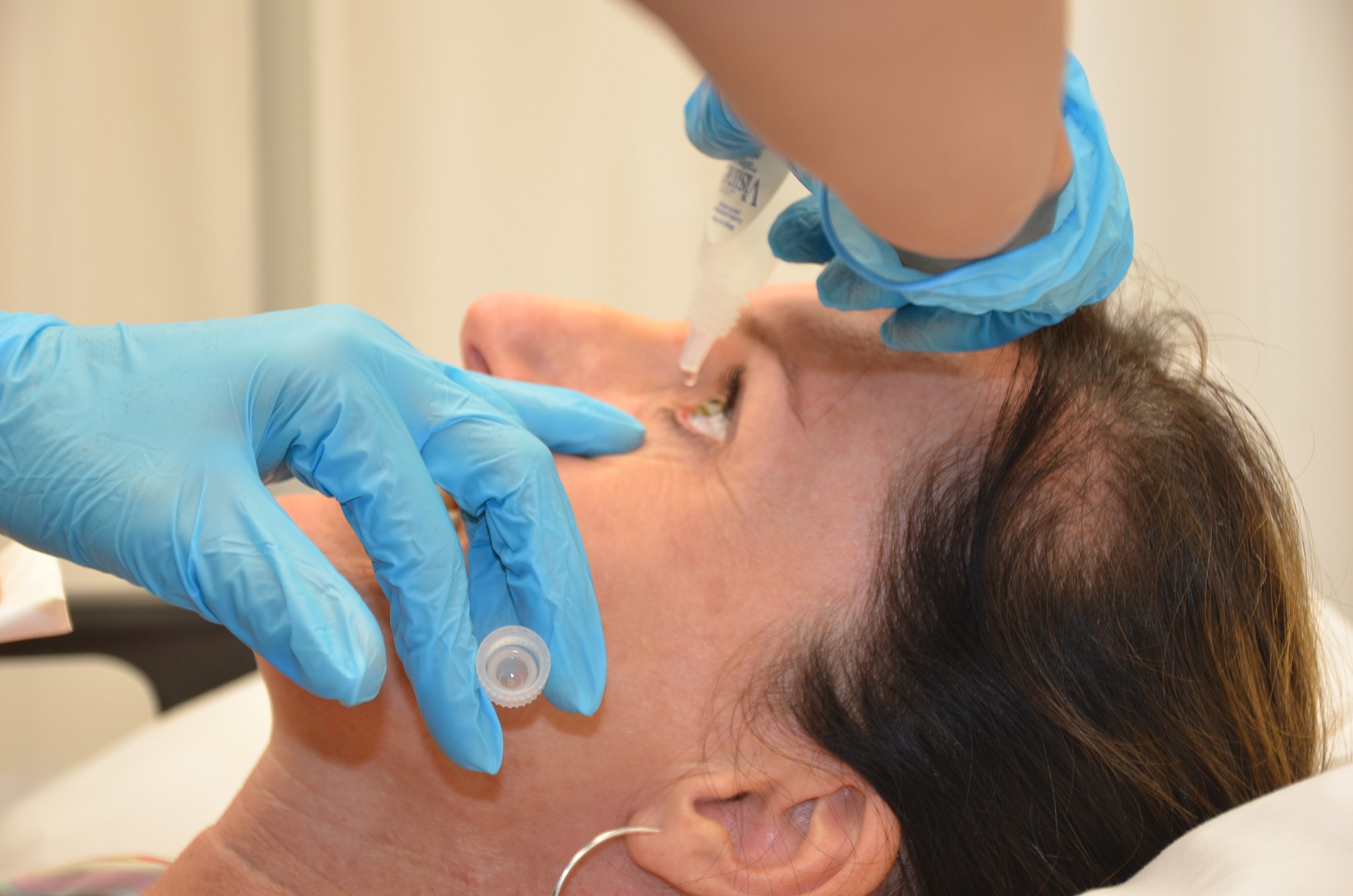The company that sells everything from beakers to oligos will soon expand its production of viral vectors: Thermo Fisher Scientific is set to purchase Brammer Bio for $1.7 billion cash. The acquisition is expected to bring in $250 million in annual revenue by the close of 2019.
Brammer Bio was formed in 2016 as a result of a merger between Florida Biologix and Brammer Biopharmaceuticals. The company is a contract development and manufacturing organization (CDMO) that specializes in the development of viral vectors for gene therapies.
“We are proud to be pioneers in process development and manufacturing of viral vectors,” said President and CEO Mark Bamforth and CSO Dr. Richard Synder in a joint statement. “Brammer Bio has executed more than 100 projects to supply first-in-human gene therapy clinical trials and establish commercial-ready processes, and we’re excited to join Thermo Fisher to take our business to the next level. Our teams share a commitment to helping our customers succeed in delivering cutting-edge therapies to patients in need.”
According to Coherent Market Insights, the global cell and gene therapy market has an expected compound annual growth rate of over 20 percent between 2018 to 2026. Cell and gene therapies are one of the hottest areas of research right now, as the scientific and healthcare communities push for more personalized approaches to treatment. With gene therapies, viruses can be genetically modified to express a functional copy of a gene, then injected into a patient. The virus then ‘infects’ host cells and produces copies of that functional gene. Brammer Bio specializes in herpesviral, retroviral, adenoviral and adeno-associated viral vectors.
RELATED: Gene Therapies in Rare Disease: From R&D to Regulatory Approval
Back in 2018, US Food and Drug Administration (FDA) Commissioner Scott Gottlieb said, “Gene therapy represents one of the most promising opportunities for developing highly effective and even curative treatments for many vexing disorders. In early 2019, the FDA appeared to commit to supporting gene and cell therapy research, revising guidance documents and introducing new policies to expedite regulatory approval processes. The FDA expects to receive around 200 investigational new drug applications each year, beginning in 2020.
But no new therapies can be evaluated if the right infrastructure isn’t in place. The Brammer Bio acquisition marks another major move to expand manufacturing capacity – recently, Thermo Fisher had opened a new facility in Frederick, Maryland in a $10 million investment and another bioprocessing design center in Shanghai, China to develop biologics. In their latest feat, Thermo Fisher will add 600 Brammer Bio employees to its Laboratory Products and Services segment.
Other big players have begun to scoop up specialty biotech companies. In February, Swiss biopharma company Roche acquired Spark Therapeutics, makers of the retinal disease-correcting gene therapy Luxturna, for $4.8 billion. More recently, Pfizer captured 15 percent equity interest in Vivet Therapeutics in a $51 million-deal. The biosimilars giant will collaborate with the biotech group to continue the development of Vivet’s Wilson disease therapy.
Executives from Thermo Fisher and Brammer Bio expect that the combined capabilities of both companies will help “deliver cutting-edge therapies to patients in need”.












Join or login to leave a comment
JOIN LOGIN